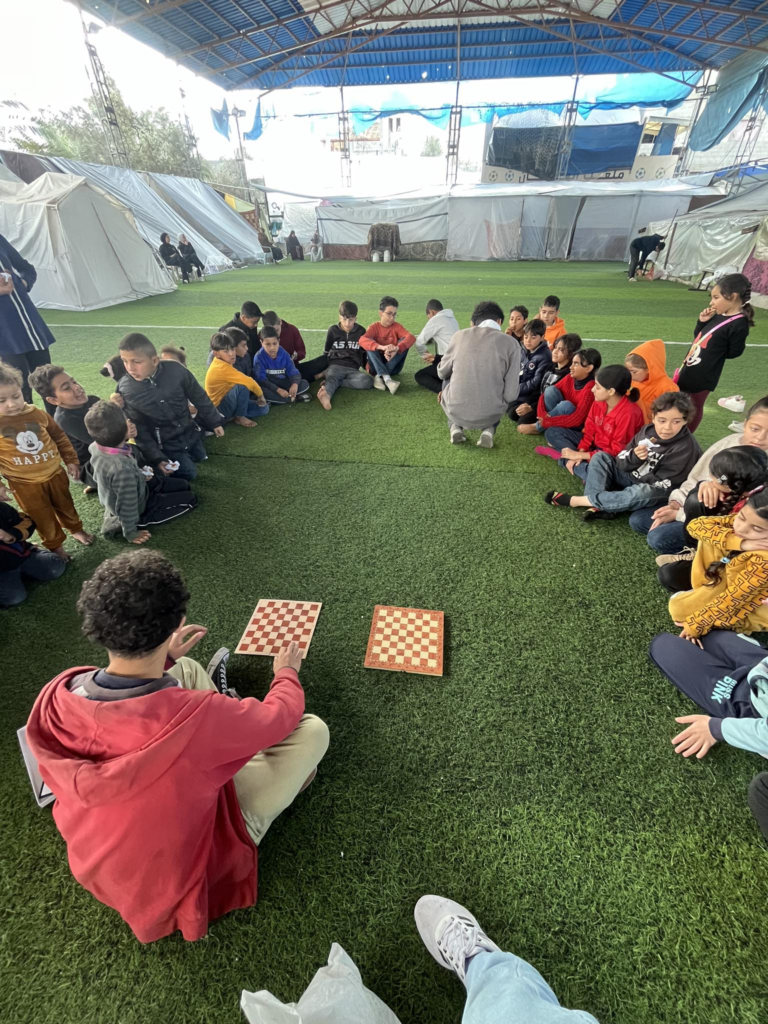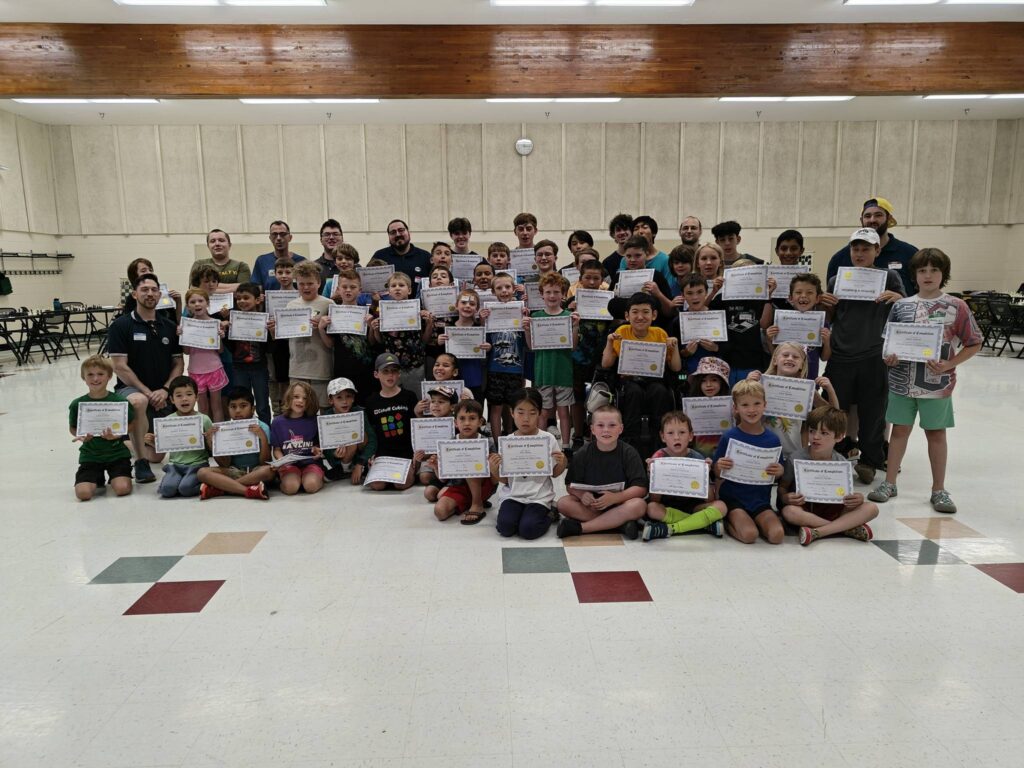
The recent surge in popularity of chess at Le Lycee Francais de San Diego highlights the profound impact chess can have on young minds. At Summit School of Chess, we are thrilled to witness how this timeless game is enriching students’ lives across the country, and we are excited to see similar successes here in the Greater Denver Area. Chess for kids is growing around the country!
The Power of Chess in Education
The story from San Diego underscores a key belief at the core of Summit School of Chess: chess is more than just a game. As National Master Jesse Cohen often emphasizes, chess is a powerful educational tool that sharpens critical thinking, enhances focus, and builds problem-solving skills. It’s inspiring to see how schools like Le Lycee Francais are leveraging chess to cultivate these abilities in their students, leading to improved performance in the classroom and beyond.
Our Commitment to Youth Chess Education
At Summit School of Chess, we specialize in youth chess education, focusing on elementary-aged children in and around Denver, Colorado. Our mission is to transform young chess enthusiasts into confident, strategic thinkers, both on and off the chessboard. We offer a variety of programs tailored to different needs and skill levels, including:
- Before and After School Programs: Integrating chess into students’ daily routines.
- Online Group Lessons: Flexible learning opportunities for students at home.
- Monthly Tournaments: Competitive experiences to test and refine skills.
- Summer Camps: Immersive chess experiences that combine learning and fun.
- Private Lessons: Personalized coaching for targeted improvement.
We also provide programs for adults, fostering a lifelong love of chess and learning.
The Broader Impact of Chess
As seen in San Diego, the benefits of chess extend far beyond the chessboard. By promoting logical thinking, planning, and decision-making, chess equips students with skills that are valuable in all areas of life. At Summit School of Chess, we are committed to fostering these skills in our students and contributing positively to our community. Our goals are to:
- Raise students’ self-esteem and confidence.
- Promote mental and physical well-being.
- Provide leadership opportunities through chess.
Join the Chess Movement in Denver
For parents and young chess enthusiasts in the Greater Denver Area seeking “chess school near me,” Summit School of Chess offers an array of programs designed to nurture and develop your child’s chess skills. We invite you to explore our website, summitschoolofchess.com, for more information on our offerings and how to enroll. Let’s work together to unlock the full potential of your child through the fascinating game of chess.
At Summit School of Chess, we celebrate and encourage the growing interest in chess education, as demonstrated by the successes at Le Lycee Francais de San Diego. We are proud to be a part of this movement and are dedicated to empowering the next generation of chess masters in Denver and beyond.
Our Summer Chess Camps are the best!
We have daily Online Group Lessons for all players of all skill levels!
Our Monthly Chess Tournaments are great for testing your skills!
Get a School Chess Program today!
Join the official Summit School of Chess Club (on Chess.com)










